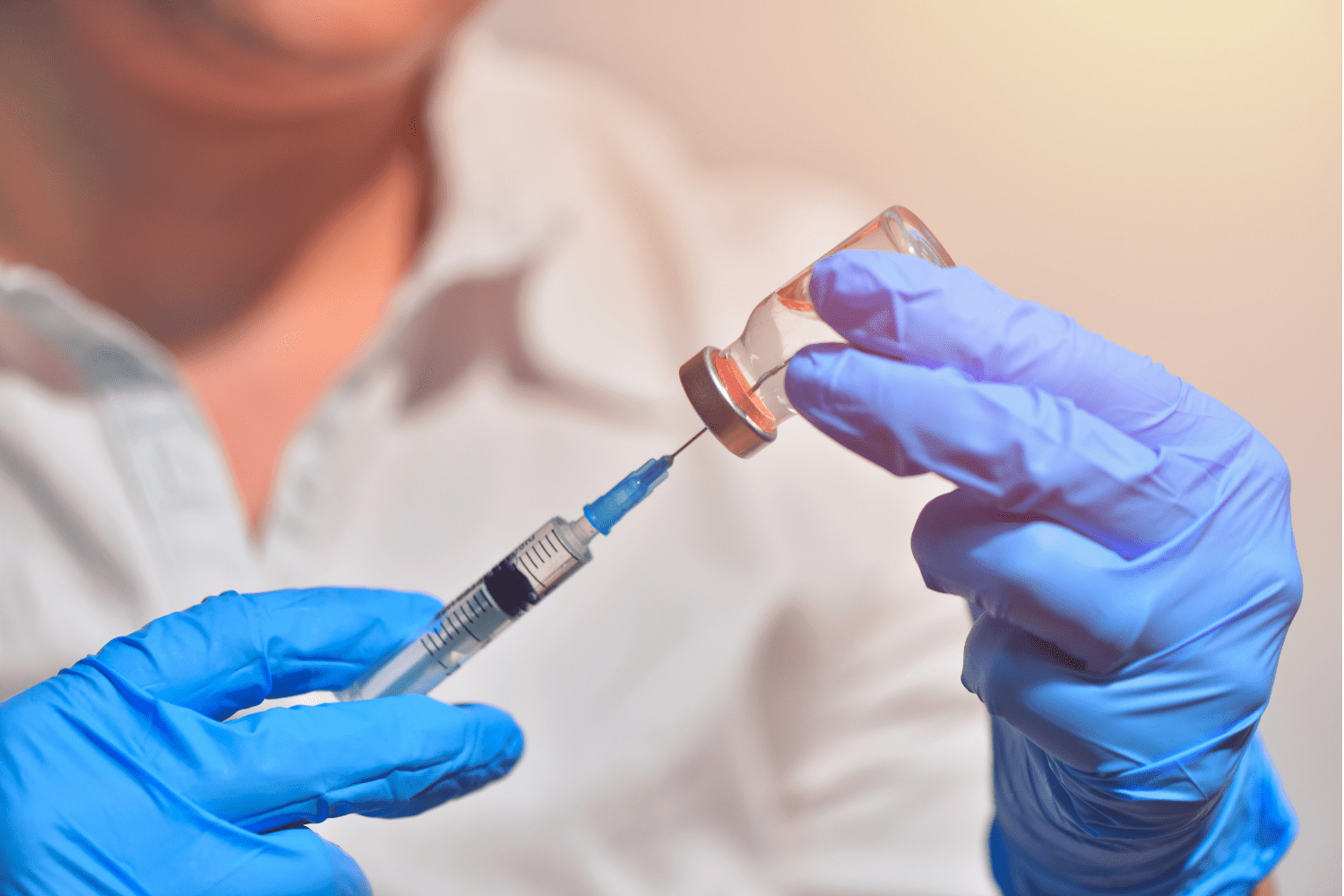NEJM Published online 24 February, 2021 | https://www.nejm.org/doi/10.1056/NEJMoa2101765
Digest author: Stylianos Loukides, ERS E-Learning Director / 27 February, 2021
Israel was one of the countries which introduced a mass nationwide vaccination programme. The current study is a real-life study which aimed to determine the estimated efficacy of the vaccination against SARS-COV-2. Compared to randomized trials the current real-life study may overcome many parameters which may alter in a positive direction the possible results.
This study analyzed data from Israel’s largest health insurance organization on the efficacy of Pfizer mRNA vaccine against SARS-CoV-2. All vaccinated individuals between December 20, 2020 and February 1, 2021 were assigned as vaccinated. The above group was matched to unvaccinated controls in a 1:1 ratio according to demographic and clinical characteristics. The efficacy of the vaccine was tested according to different outcomes. As study outcomes were considered the following:
- Documented infection with the severe acute respiratory syndrome coronavirus 2 (SARS-CoV-2)
- Symptomatic Covid-19
- Covid-19–related hospitalization
- Severe illness
- Death
The study population consisted of 596,618 individuals for each group.
The estimated efficacy of the vaccine between days 14 and 20 of the first dose of the vaccine for COVID-19 infection was 46%, for symptomatic COVID-19 infection 57%, for COVID-19 infection requiring hospitalization 74% and for severe COVID-19 infection 62%. Respectively, the estimated efficacy of the Pfizer / BioNTech vaccine at least 7 days after the second dose of the vaccine was 92% for COVID-19 infection, 94% for symptomatic COVID-19 infection, and 87% for COVID-19 infection requiring hospitalization and to 92% for severe COVID-19 infection. The efficacy of the vaccine in preventing death from COVID-19 between days 14 and 20 of the first dose of the vaccine was 72%. In all sub-analyses the efficacy of the vaccine remained high, with possibly less efficacy in individuals with multiple comorbidities. In addition, the estimated efficacy for preventing asymptomatic infection was 29% between 14 and 20 days after the first dose and was 90% at least 7 days after the second dose. In conclusion, this study is very important because it provides evidence that the efficacy of the Pfizer / BioNTech vaccine is consistent with the results of clinical trials and offers strong protection against COVID-19 infection.
The results were very encouraging and have given us great reasons to be optimistic for the future. However, we must emphasize that the study should not be used to draw conclusions for possible effect of different variants. It is important to consider that during the study period an increasing number of SARS-CoV-2 isolates in Israel — up to 80% in the days before data extraction — were of the B.1.1.7 variant. Lets’ keep the positive part of the study and try to increase the vaccination rate across different geographical regions.





